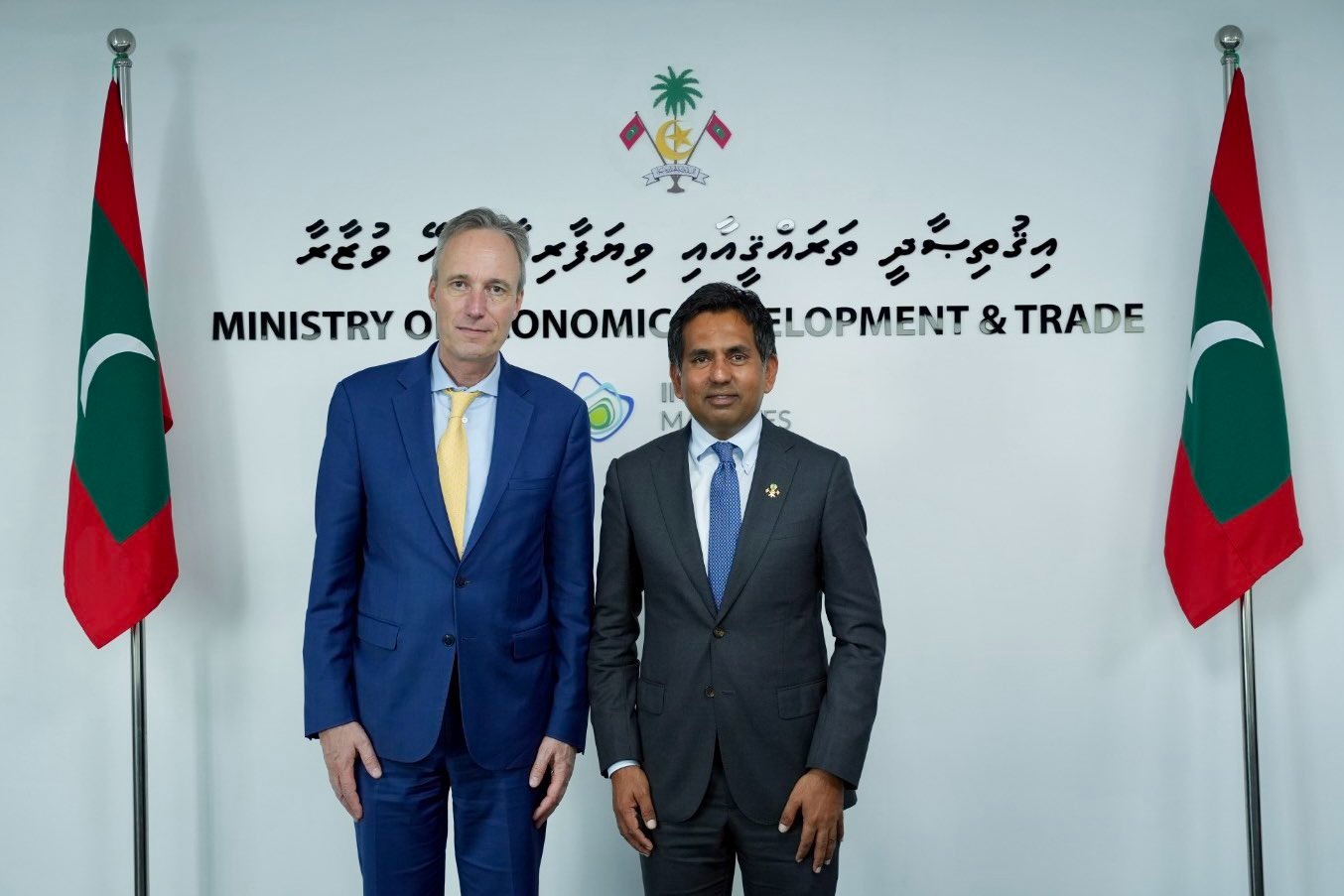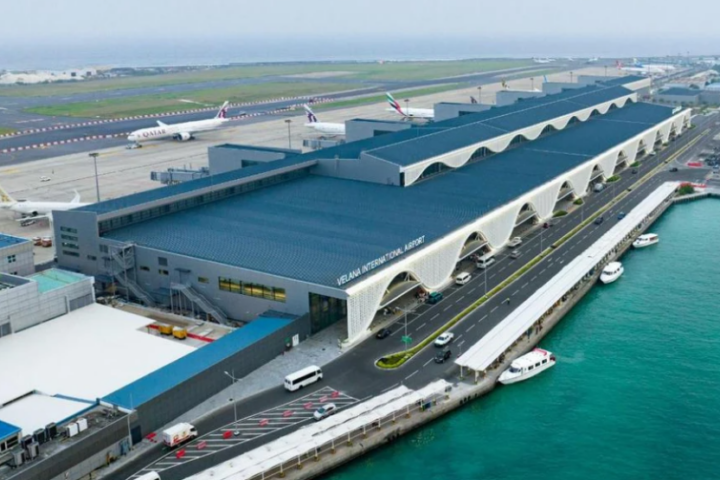Economic Development and Trade Minister Mohammed Saeed engaged in a high-profile meeting with a delegation from the World Bank, currently in the country to gain insights into the government’s economic development plans and its strategies for economic management. Minister Saeed conveyed the depth of their discussion during a media briefing.
In addition to outlining the government’s developmental initiatives to the World Bank team, Minister Saeed provided comprehensive details on the nation’s current financial standing and offered a forecast for the economy in the upcoming year.
Speaking to the PS media, he revealed that the government, led by Dr. Muizzu, inherited outstanding bills totaling about MVR 7 billion. In the short span of its tenure, the government successfully slashed this amount by 50%, although numerous outstanding bills persist. Minister Saeed assured the public that these outstanding financial commitments are actively being addressed.
Economic Landscape and Inflation Overview:
According to the Finance Ministry’s budget paper, inflation of the country is anticipated to hover around 1 percent this year. However, proposed changes, such as the elimination of the blanket subsidy in favor of a targeted subsidy policy, may lead to a 3.9 percent increase in prices.
The Finance Ministry forecasts this year to witness the highest inflation rate since 2013. Despite the previous government’s earlier decision to raise the Goods and Services Tax (GST) to 8 percent, statistics from the Bureau of Statistics indicate that the expected inflation of 5.4 percent has not materialized.
December’s Consumer Price Index (CPI), released by the Bureau of Statistics, revealed a modest 0.39 percent rise in prices. On a year-on-year basis, inflation stood at 2.02 percent from December of the previous year to December of the current year.
This figure contrasts significantly with the central bank MMA’s initial budget advice, which projected a 5.4 percent inflation rate for the year. It also falls below the MMA’s revised mid year forecast of 3.3 percent. The central bank cited a global decline in oil prices as the primary reason for the anticipated decrease in prices during the last two quarters of the year.
Throughout the year, the insurance and financial services sector experienced the most substantial price hikes, with an eight percent increase. Conversely, the communications sector witnessed a significant price drop of 10.6 percent, marking the sole decline year-on-year. The overall deceleration in inflation is attributed to shifts in prices within this sector.
In summary, the inflation trajectory, initially anticipated to rise sharply, has exhibited a more tempered pattern, influenced by both global economic trends and the strategic policy decisions implemented by the government.













